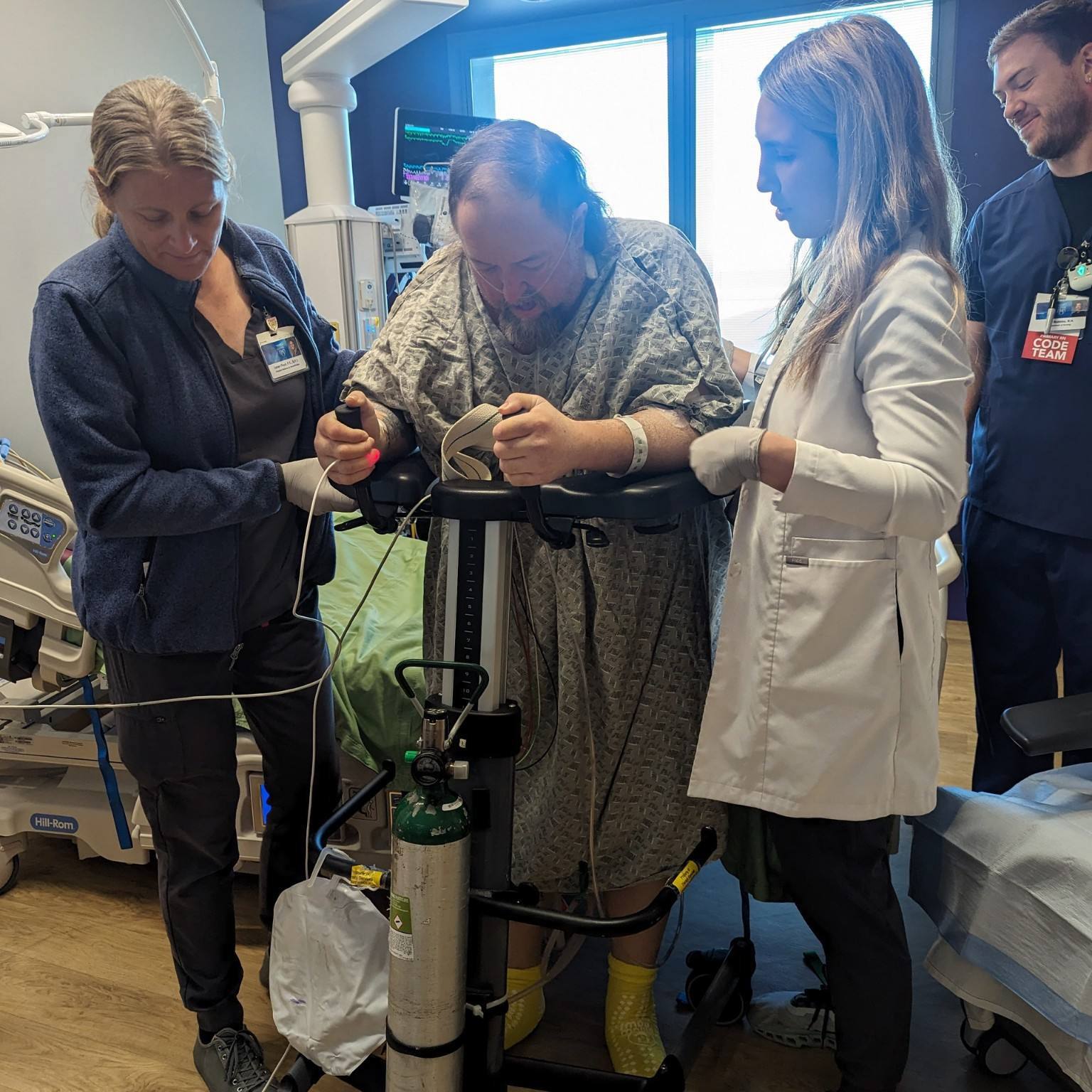
A CT heart scan produces stunning images of heart arteries and can diagnose serious disease, but it exposes a patient to the radiation equivalent of about 600 chest X-rays. While the risk of developing cancer from the radiation is unknown, it may exist and should make patients who have no symptoms of heart disease think twice before agreeing to such scans.
“If a person has symptoms such as chest pain, the benefit of using these tests to come up with a diagnosis and a treatment plan outweighs the small potential risk,” says Thomas Gerber, M.D., a cardiologist at Mayo Clinic’s Florida campus who was the U.S. lead author of an international study examining radiation doses in cardiac CT scanning. “However, the benefit of performing these scans in patients without symptoms is still unclear, and patients should know that.”
Dr. Gerber also chaired an American Heart Association (AHA) committee that in February recommended judicious use of cardiac CT angiography. The scans should not be used in people who do not have chest pain or other symptoms or who have a low heart disease risk, the AHA committee concluded.
Cardiac CT imaging has become popular in recent years and is sometimes marketed directly to patients. These scans can reveal plaque buildup and blockages that may not show up on other tests. They produce “stunningly beautiful images,” Dr. Gerber says, but “it has not been convincingly proven that detecting plaque at an early stage in patients with no symptoms will allow doctors to make decisions that help their patients live longer.”
Because the use of cardiac CT imaging will continue to grow, it’s important for physicians and patients to understand the potential risks posed by radiation exposure. For perspective, the committee noted, the potential risk of dying from cancer related to radiation from a cardiac CT scan is less than the lifetime risk of drowning or of being hit by a car.
Not all heart scans are the same
“Heart CT scan” is a general term that sometimes describes very different diagnostic imaging studies. One is heart CT angiography, the subject of the recent American Heart Association (AHA) statement. Another is coronary calcium scans, which also produce pictures of heart arteries. But there’s a big distinction between the two. Angiography uses contrast material and a higher radiation dose and detects plaque and blockages in heart arteries. Calcium scans do not involve contrast material, use much lower levels of radiation and detect calcium deposits but not necessarily blockages. This test results in a coronary calcium score.
Knowing the calcium score can help physicians determine a patient’s heart attack risk and plan preventative treatment, says Dr. Gerber. The benefits of that information should outweigh the very small potential risks. In fact, the AHA has encouraged coronary calcium scanning in patients who have no symptoms but have an intermediate (10 to 20 percent) risk of developing heart disease over 10 years due to age, heredity or lifestyle factors. Heart CT angiography, Dr. Gerber says, should be reserved for patients who not only have risk factors but also have symptoms.
Catherine Benson is a consultant in the Department of Public Affairs, Mayo Clinic in Rochester
Related Articles



















